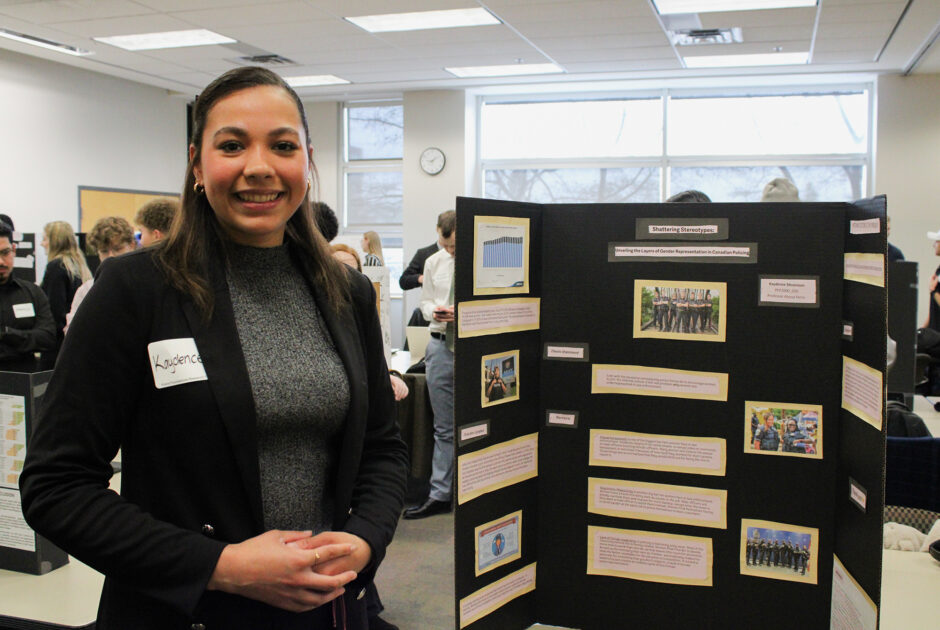Opinion: Scapegoating international students is a distraction from housing and policy woes

In 2023, Canada had over one million international students in all education levels according to the Canadian Bureau for International Education. In the early months of 2024, the Canadian Ministry of Immigration announced a two-year intake cap on international students, crediting their decision to concerns regarding predatory practices by some educational institutions and lack of support for the students. However, the statement also blamed them for some of the biggest and long-standing challenges Canada faces today.
The government’s official news release, along with the media coverage of the announcement, stated that rapid increases in the number of international students arriving in Canada put “pressure on housing, health care and other services.”
I believe this to be neither accurate nor fair, but overly simplistic, untrue, and an unnecessary contribution to already growing xenophobic rhetoric, which will disproportionally affect people of colour.
International students deserve access to the support and services they need to prosper in Canada. The majority of those students cannot financially compete with Canadians for homes or rentals. After graduation, they continue to earn less than domestic students, according to Statistics Canada.
The idea that international students are “ideal immigrants” has been commonly broadcasted when the country requires skilled labour or an economic boost, however, the idea that they contribute to issues such as housing and healthcare access decline has also been commonly spread. I believe given the contrast between these ideas, the rate of recurrence they are exchanged in public opinion fosters an unstable atmosphere that is harmful to students’ mental health.
The ideal immigrant idea was first used in the mid-2000s due to a policy change, according to the Journal of International Migration and Integration.
“Relative to other classes of immigrants, policy makers assume that [international students] are ‘ideal immigrants’ to Canada because their experiences within the Canadian post-secondary education system is assumed to give them the essential skills needed to integrate successfully into the workforce upon graduation,” according to a research paper called International Students as ‘Ideal Immigrants’ in Canada: A disconnect between policy makers’ assumptions and the lived experiences of international students.
Governmental and public discourse that implicitly or explicitly assigns blame for nationwide concerns such as the housing crisis to immigrants and international students shifts the responsibility away from those truly responsible: elected officials with the power to enact change in housing legislature and foreign investors indiscriminately adding to their real estate portfolio.
This tactic also draws attention away from immediate and long-term solutions elected officials could take to increase the housing supply.
The consequences for post-secondary institutions have been the focus of reports since the announcement of the cap. However, the same information sources have been consistently remiss in considering the international students — many of whom struggle to get by in Canada — have been commodified for decades, and are clearly seen as a revenue source in place of weaning or missing provincial investments and grants.
Experts believe the current housing obtainability and affordability crisis Canadians are facing can be sourced back to bailouts and policy changes issued after the global financial crisis and has been in the making for decades, according to the research paper: Canada’s Housing Bubble Story: Mortgage Securitization, the State, and the Global Financial Crisis.
Canada is often selected as a study destination due to its image as a safe and inclusive society, but if international students continue to be used as scapegoats for nationwide issues, I believe that will quickly change. The issue of insufficient resources for the number of international students is an issue entirely manufactured by the Canadian government’s policies and should be spoken of as such.









